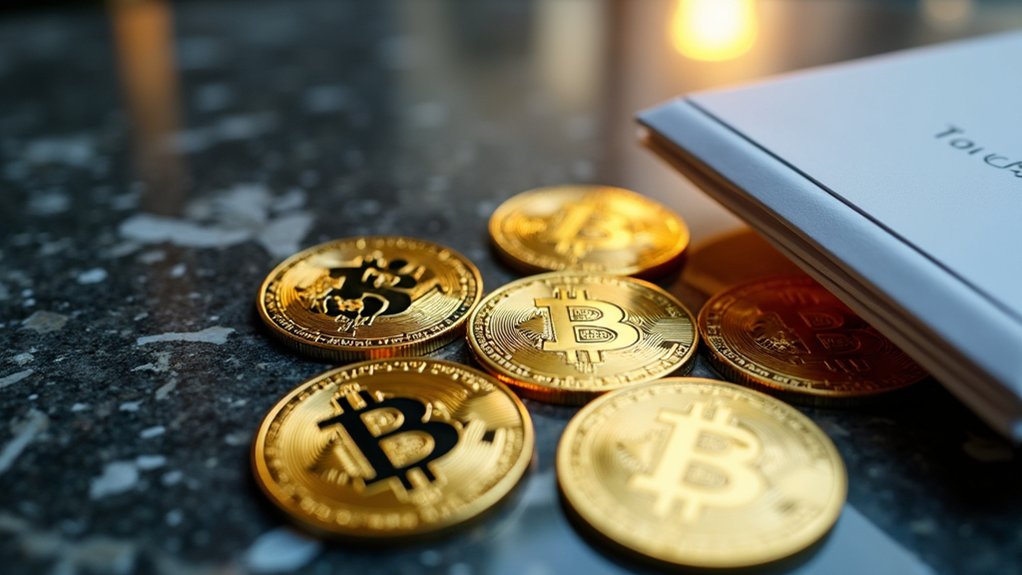In what might be the most audacious leap yet into blockchain’s increasingly crowded payments arena, Google Cloud has revealed its Universal Ledger (GCUL)—a Python-based Layer 1 blockchain platform designed to commandeer the institutional settlements and cross-border payments market currently dominated by Ripple, Stripe, and Circle. The timing, of course, couldn’t be more strategic, arriving precisely as the stablecoin market hurtles toward an anticipated $30+ trillion valuation by 2026.
Unlike ecosystem-specific blockchains that tether institutions to particular providers, GCUL positions itself as “credibly neutral” infrastructure—a diplomatic way of saying Google wants everyone’s business without picking favorites. This approach enables any stablecoin issuer, from Tether to emerging players, to build atop Google’s infrastructure without exclusive dependence on competing platforms.
Google’s diplomatic neutrality strategy: capture everyone’s blockchain business without the messy politics of picking winners and losers.
The technical architecture reveals Google’s characteristic blend of pragmatism and ambition. Python-based smart contracts eliminate the learning curve that often strangles institutional adoption, while a unified API interface promises the kind of seamless integration that makes CFOs actually smile during budget meetings. The AI with blockchain integration enhances security protocols and creates transformative capabilities that traditional payment systems struggle to match.
The private-permissioned testnet currently enables streamlined asset tokenization while maintaining the controlled environment institutional compliance officers demand. GCUL’s infrastructure supports 24/7 capital movement, enabling continuous financial operations that transcend traditional market hours and geographical constraints.
Perhaps most intriguingly, GCUL offers predictable monthly invoicing for gas fees—a invigoratingly mundane innovation that addresses one of blockchain’s most persistent irritations for enterprise users. No more surprise transaction costs derailing quarterly projections or triggering panicked calls from treasury departments.
The platform’s collaboration with CME Group for pilot testing signals serious intent to penetrate traditional financial markets, not merely disrupt them from the periphery. By leveraging Google’s global infrastructure to serve “billions of users and hundreds of institutional partners,” GCUL positions itself to reimagine cross-border payments through near-instant, low-cost blockchain transactions.
Built-in compliance functionalities, including KYC-verified accounts, demonstrate Google’s understanding that regulatory adherence isn’t optional—it’s the price of admission to institutional finance. Rich Widmann, global head of strategy for Web3 at Google Cloud, officially confirmed the GCUL initiative, marking Google’s definitive shift from merely hosting blockchains to developing its own protocol.
Whether this neutral, infrastructure-first approach can dislodge entrenched payment leaders remains to be seen, but Google’s technological backing and brand credibility certainly provide formidable advantages in an industry where trust remains the ultimate currency.









